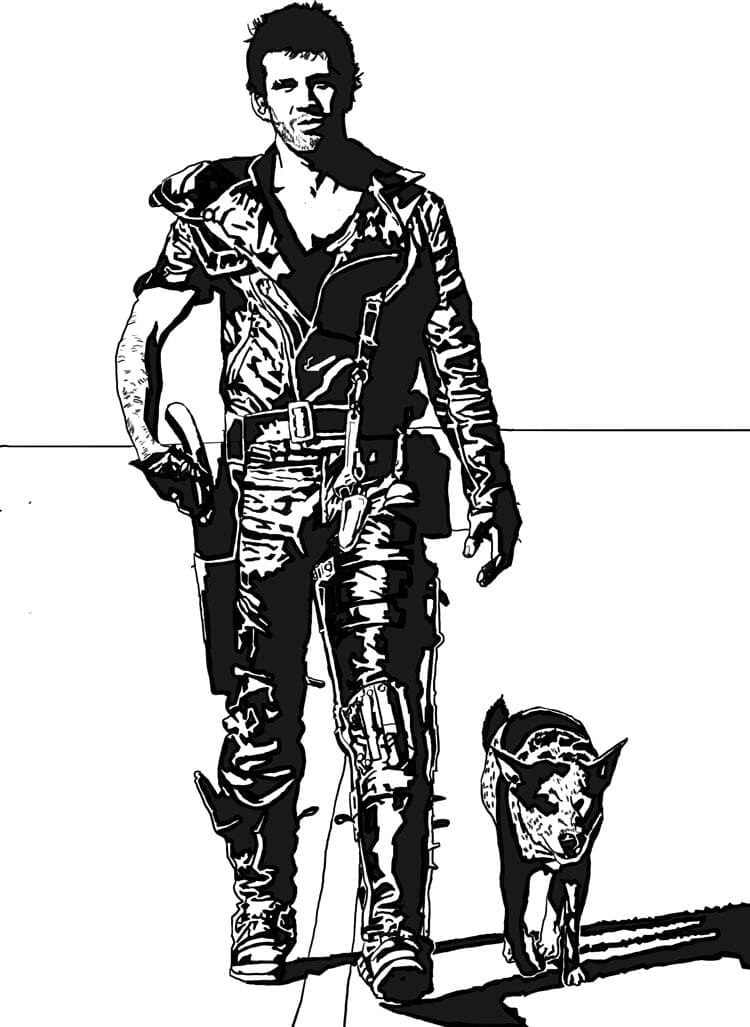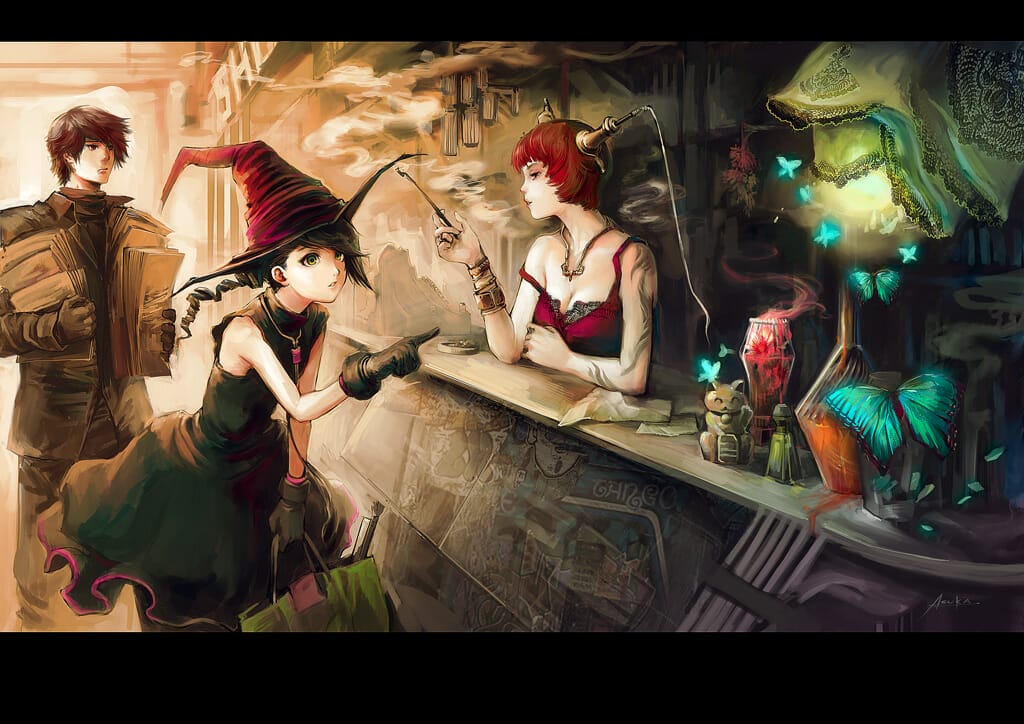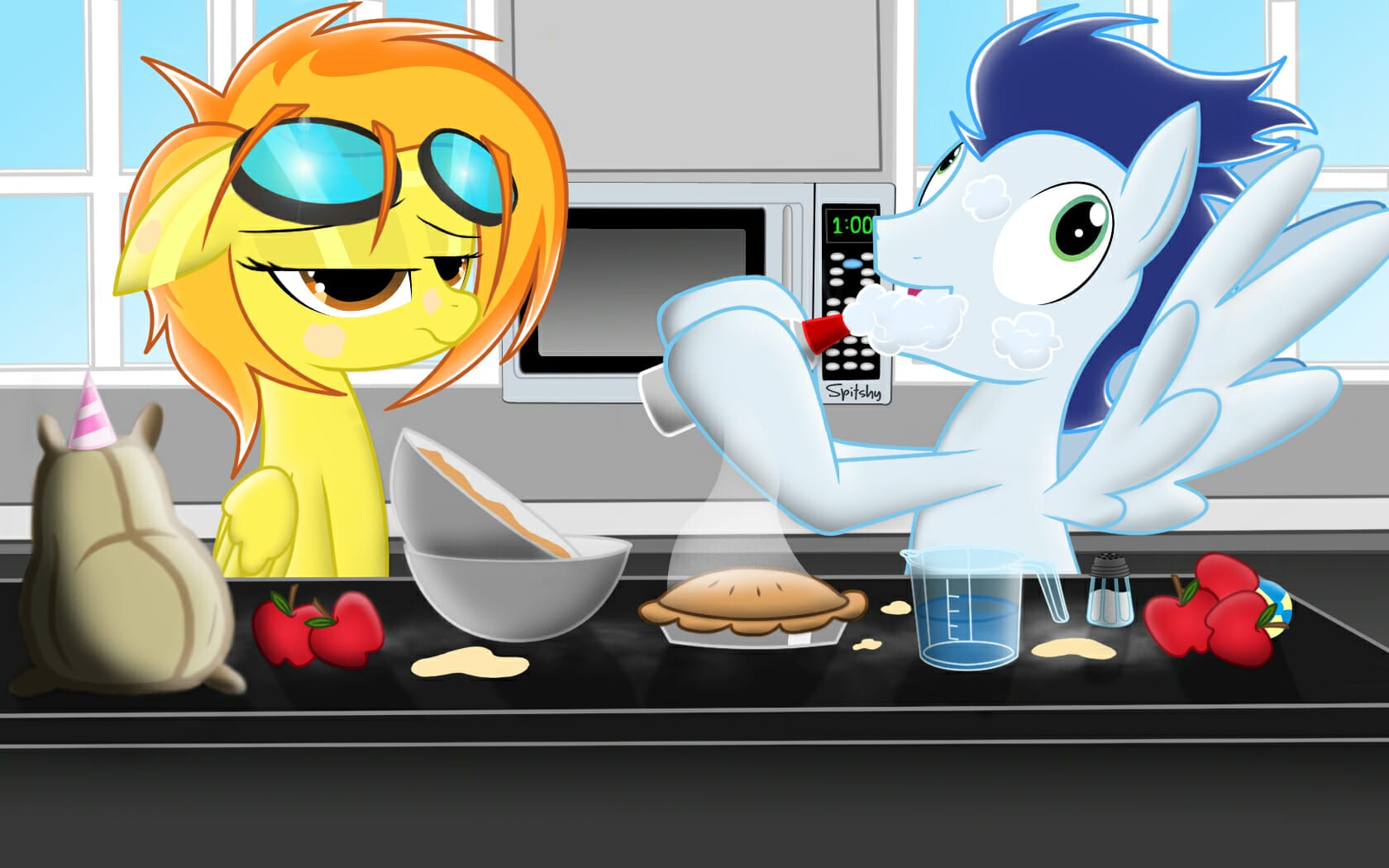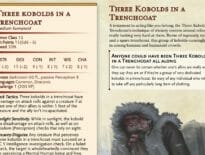This article is part of a series, find out about dials here.

For about three years, I didn’t have a regular weekly or biweekly gaming group.
Instead, I would hold up all my RPG design energy, think about my games all the time, constantly go back and tweak an idea over and over for two months. Then, I would get on a bus, travel across the country and visit friends. I would arrive on a Friday afternoon and we would descend into the world of the game we were playing. On Monday morning, we would emerge, blinking at the metaphorical light of reality having spent literal days playing and I would travel home.
It’s a format I have barely ever heard discussed: The Long Weekend Game. But it was at one point my preferred staple. I still have friends where this is their normal format. They have the third structural dial – Duration – turned up permanently to eleven – and it rocks.
Have you ever been at the point in a game, around two and half hours in, where you hit your stride with the characters and suddenly you are in a sweet spot of roleplaying – you are engaged with both the game mechanics and the drives of your other self?
Imagine for a moment that when you hit that, you still had 36 hours of gaming left. I really would recommend that if you have the opportunity, that at some point, you give this format a go.
It’s a little addictive, I can see why LARP people all seem to be diehard about it. Once, me and some friends booked a week of work and just spent it engaged a massive sprawling epic. Given that I am writing this under the spectre of self-isolation, I wonder if anyone is currently engaging in something similar.
In order to examine running the long duration game, I’m going to take an almost chronological breakdown of how it functions, what you need to do to make it work and some of the pitfalls you can encounter.
Take The Time To Plan
Look, you have no idea how much material this is. Really, you don’t. It’s a lot. As a DM, you need to plan an entire arc of a game, so there is a beginning, a middle and and end to the long event.
I am a massive improv DM, a lot of my sessions will be inspirational five lines on a sheet of paper. But for a weekend game, that is more likely to be three pages of similar lines, with ‘chapters’ headed in bold in order to group my thoughts.
You need to seriously set aside time for this in a different way. The game, at some point, is going to get away from you. You need a robust road map so you can steer back towards it occasionally.
That being said, do not tie yourself to the plan too much. We’ll come back to this in a minute.
Start By Shopping
Look, you need to start by taking care of the necessities.
So, once the group is gathered, either from across the country or local area, take a moment to get the food in. Shop for drinks, food and meals. Plan them together if you can.
This experience is as much about sharing the time with the players as anything else and doing this as a group gets rid of all the out of game chatter in an environment where it won’t slow proceedings down. It eventually will save time at the table.

Time Is Your Ally
Remember, in a long game like this, you don’t need to worry so much about tangents. Eventually you can get back to the plot.
If your players spend three hours organising their own in character charity bake sale that has nothing to do with the plot, that’s not even one morning of play. You can allow an in game discussion to go on a bit longer. Allow group discussions about the way forward to continue for some time – take that moment to get up and walk out, tell the group to discuss it in character while you get a drink or a snack.
Time is on your side and you only really have to worry about the shape of the session in the last two hours of each day, when you are searching for a viable conclusion for the session.
Focus Change
Make it clear to players that they are free to leave the space at any time, this way you create a situation where the game can keep moving.
You have to worry less about occasionally giving a longer spotlight to a player – because if it goes on long, you’ll get to each player eventually. If a player isn’t the focus, being able to get up an walk around tends to keep their ability to focus and keeps distracting conversation away from the table.
Take Breaks
The reasons to take breaks are many.
For a start, deep vein thrombosis is a very real threat! As well as physical and cramp based reasons to move around in a long game, it also might help some players focus.
Not everyone is an extrovert and this form of play can drain people. Giving them a half hour to recharge themselves alone can be really useful while the more socially sustained people can chat in the kitchen.
It also allows players time to clairify things with you they aren’t sure of – they’d normally do this at the close of a session but that’s maybe days away – and gives you breathing space.
During a break, I tend to do a number of house keeping tasks in this order.
- Stay Hydrated
- Check any rules that came up so I can clarify them upon return.
- Look at my story plan. See if there’s a way I can get back to it.
- Work out any Experience or reward system stuff so I can hand it out when appropriate.
- Level out my emotions, remind myself it’s a game, talk about something else.
Revisiting The Plan
At some point during the weekend, you are going to realise that whatever you had planned isn’t going to happen any more or at the very least is going to happen differently to how you imagined it.
Seriously, you give players enough time, they are going to end up visiting the wrong continent. You have to just embrace this. As long as you are breaking every 4-6 hours, you should have enough time to think ahead.
Cook
Cook together. Eat meals together. The best part of this is that you are breaking bread and breakfasting with people you share a passion with. This form of play tends to make good friends of people. So do stuff together.

Closing
On the last day people can play, you need everyone to be aware in a meta sense of the time remaining and to take a firmer hand. You are working together to find a worthwhile conclusion to the action.
While this is like a normal session in many ways, you’ll find making all the players aware of the time will make them engaged in not wasting narrative time.
The last day is always more focused and intense as players work to make the weekend count. Have faith – you can land this if you work together.
Homeward
Make sure that for the next couple of days, you look after yourself and the players do too. RPG comedown is real and after one of these events, it is possible to spend the next week in a sort of fog.
Just come down slowly, understand you don’t have to plan the next event right away and just get back to yourself. Go outside, embrace movement.
Next time, we’ll be turning that duration dial down as we surrender to the constraints of modern life.
Creative Commons credit: Mad Max by MauricioEiji, The Magical Pigment Shop by asuka111 and Spitfire and Soarin… cooking a pie by Spitshy.
Share your thoughts on this article in the comments below.

